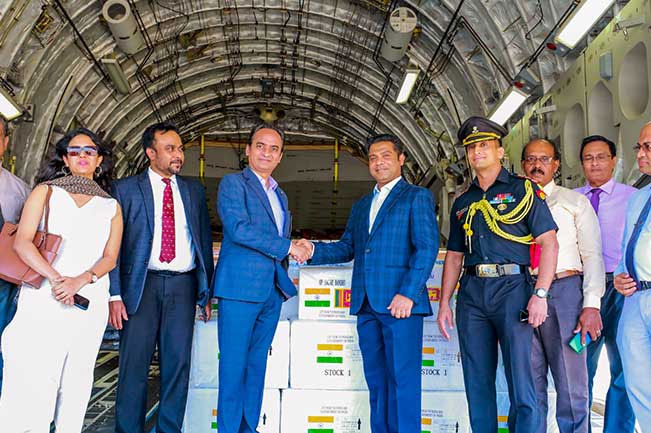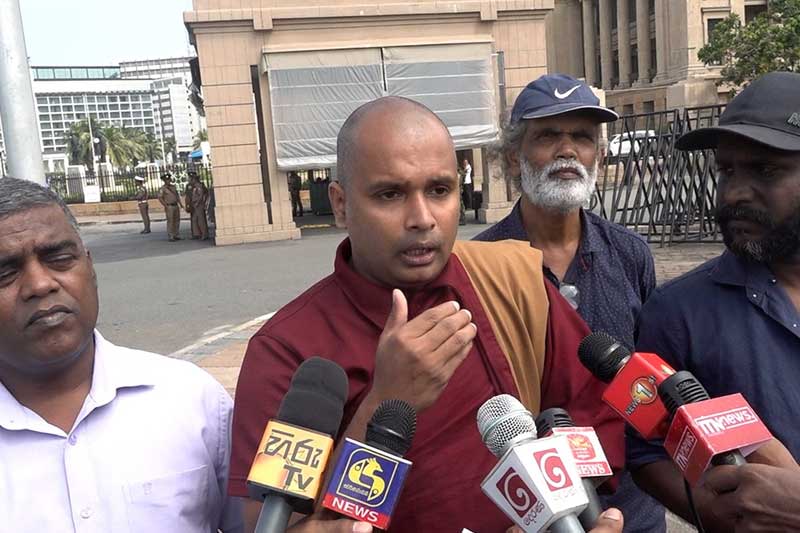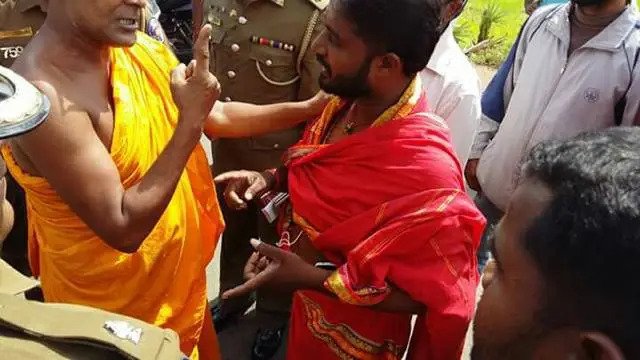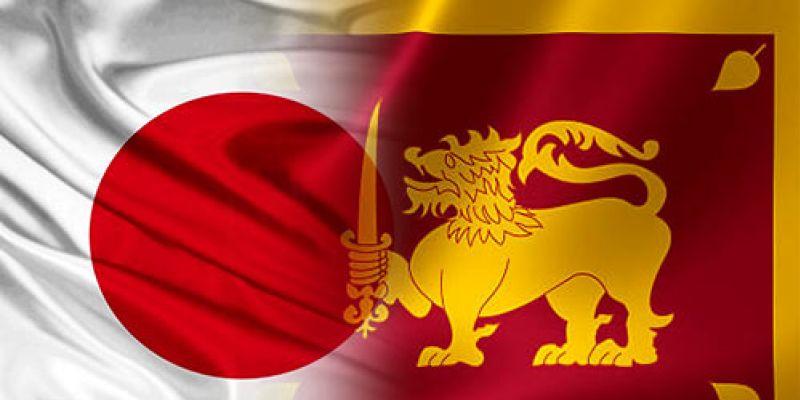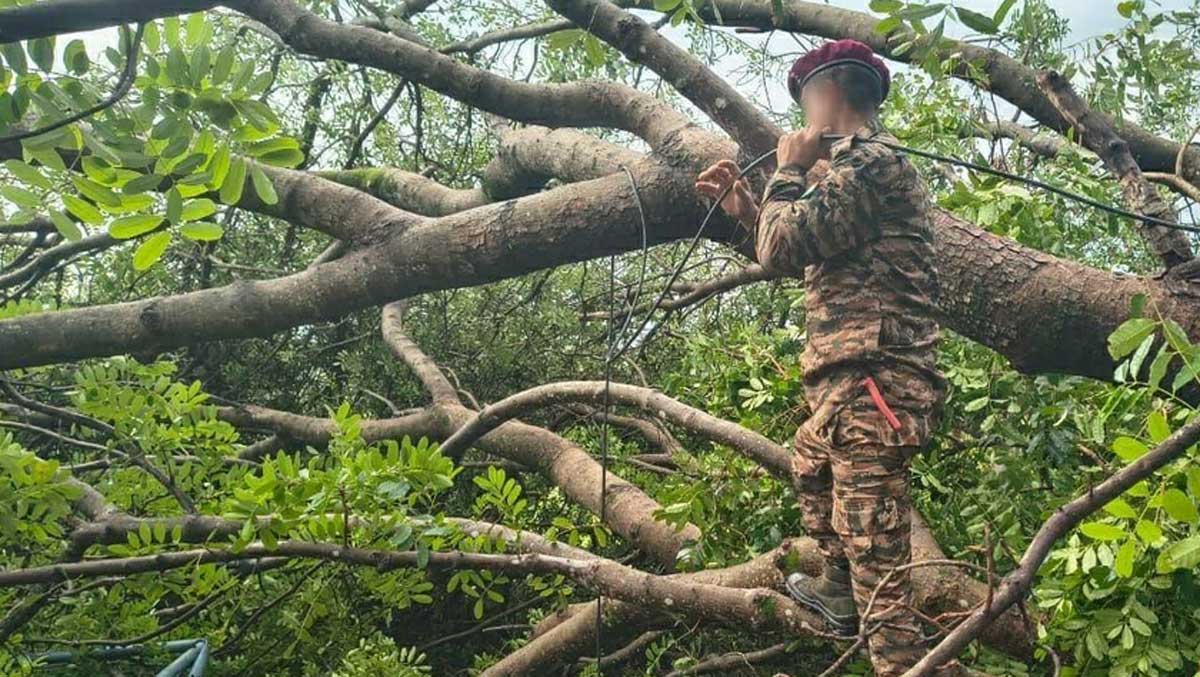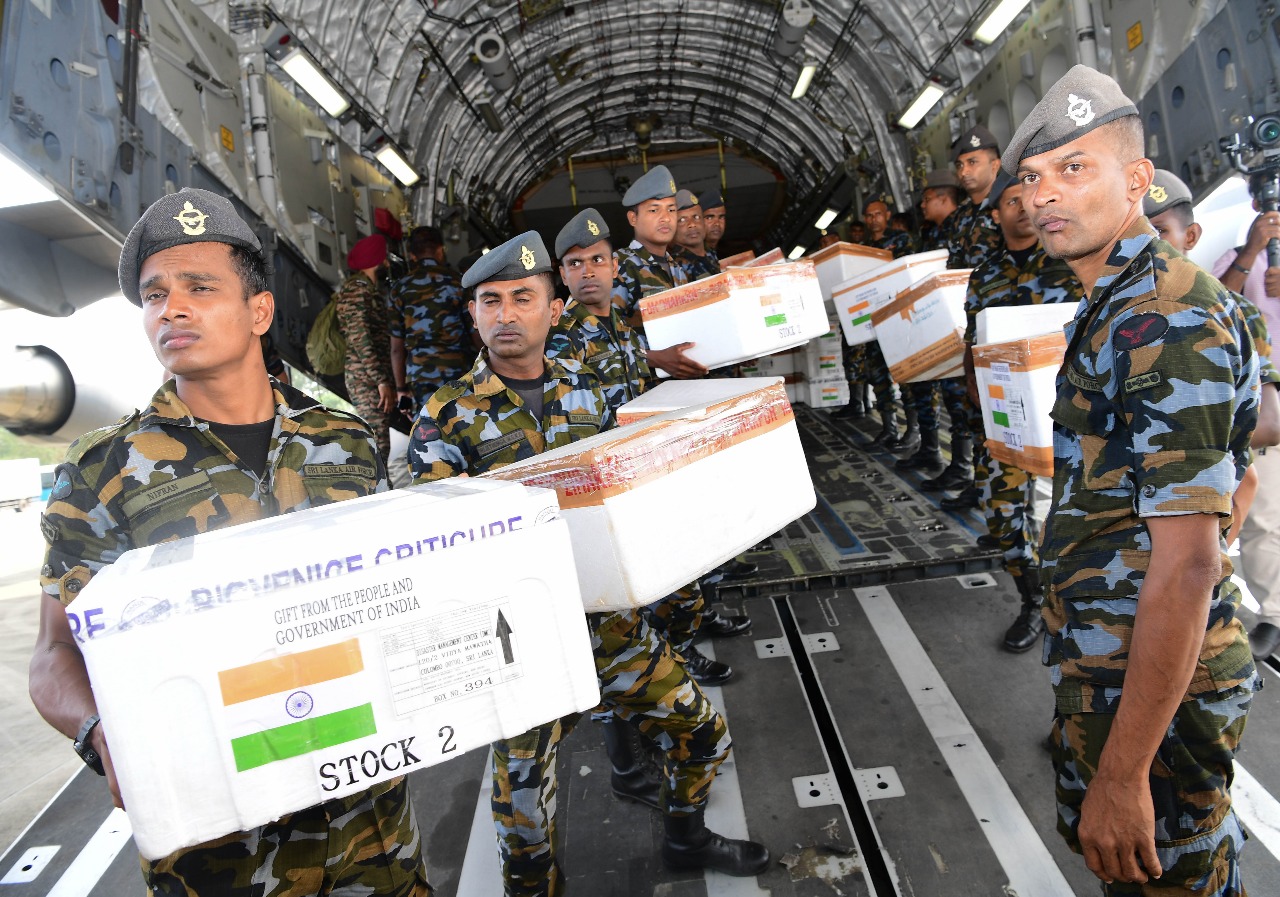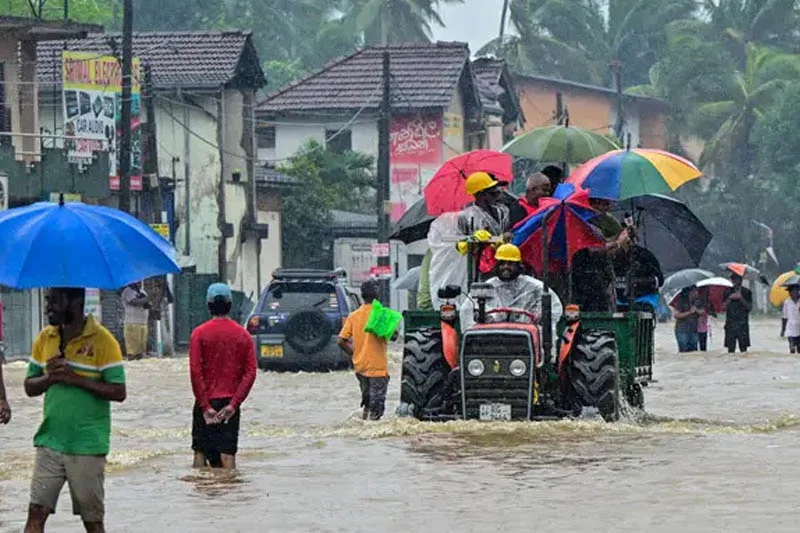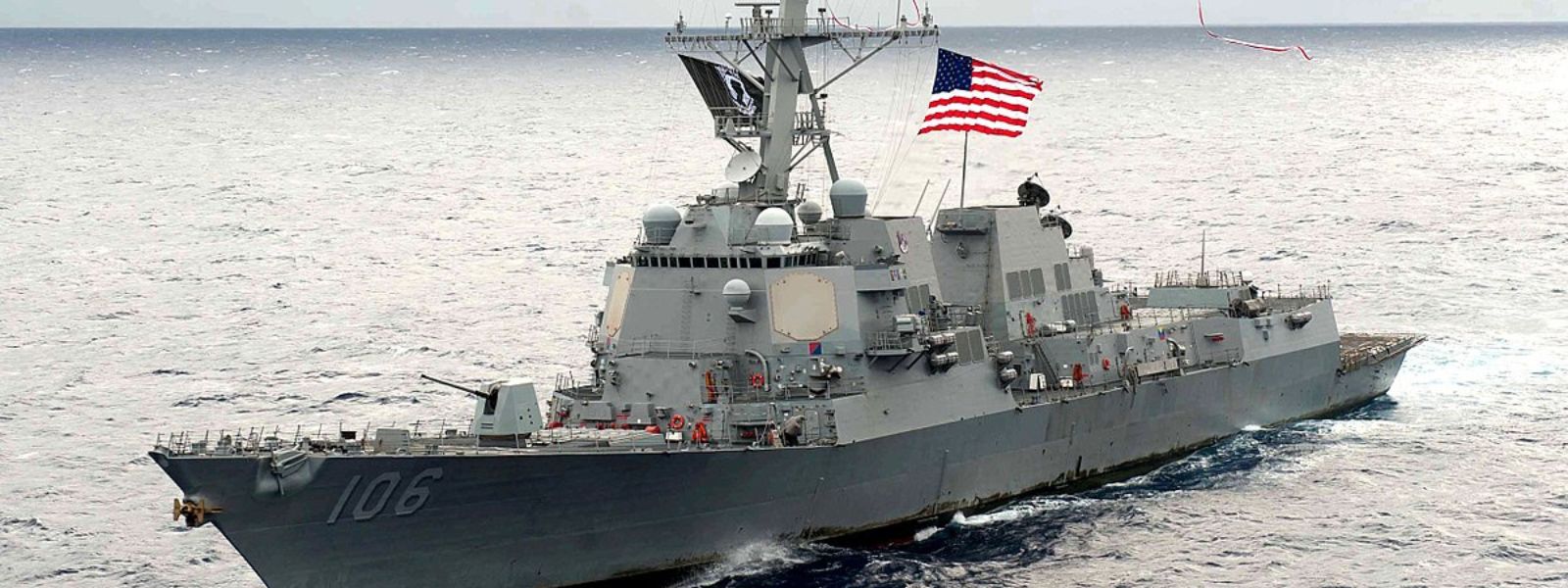No comment from Beijing, Tehran, Colombo; Iran seizes tanker; Lankans among the crew
A US Special Operations team boarded a cargo ship in the Indian Ocean, several hundred miles off the coast of Sri Lanka, and seized military-related articles headed to Iran from China, the Wall Street Journal has reported.
The incident had occurred last month and was a rare interdiction operation at sea aimed at blocking Iran from rebuilding its military arsenal, the WSJ reported on Friday.
It said the troops attached to the US Indo-Pacific Command carried out the raid on the ship and confiscated the cargo before letting the vessel proceed, as US intelligence authorities had been tracking the shipment for months.
The previously undisclosed raid was part of a Pentagon effort to disrupt Iran’s military procurement efforts to boost its missile facilities since the US and Israel inflicted heavy damage on Tehran’s nuclear facilities in June.
On Wednesday, the US seized a sanctioned oil tanker off the coast of Venezuela that had been used, according to the US defence authorities, to transport oil from Venezuela to Iran. The WSJ report said the raid underscored the Trump administration’s use of aggressive maritime tactics against its adversaries that the US has rarely used in the recent past.
Efforts by the US daily to get a comment from Iran and China went unanswered. In Sri Lanka, when the Defence Ministry and Navy were contacted over the development, both declined to comment and sought more time to verify facts.
Meanwhile, agency reports said Iran has seized an oil tanker in the Gulf of Oman early yesterday, adding that 18 crew members from India, Sri Lanka and Bangladesh were on board.
“An oil tanker carrying six million litres of contraband diesel fuel has been boarded off the coast of the Sea of Oman,” Iran-based Fars news agency said, quoting an official from the southern province of Hormozgan.
“The vessel had disabled all its navigation systems.”
Iranian forces regularly announce the interception of ships it says are illegally transporting fuel in the Gulf.
Iran seized an oil tanker in Gulf waters last month “for carrying an unauthorised cargo”, dismissing suggestions it was a retaliatory measure against another country.


